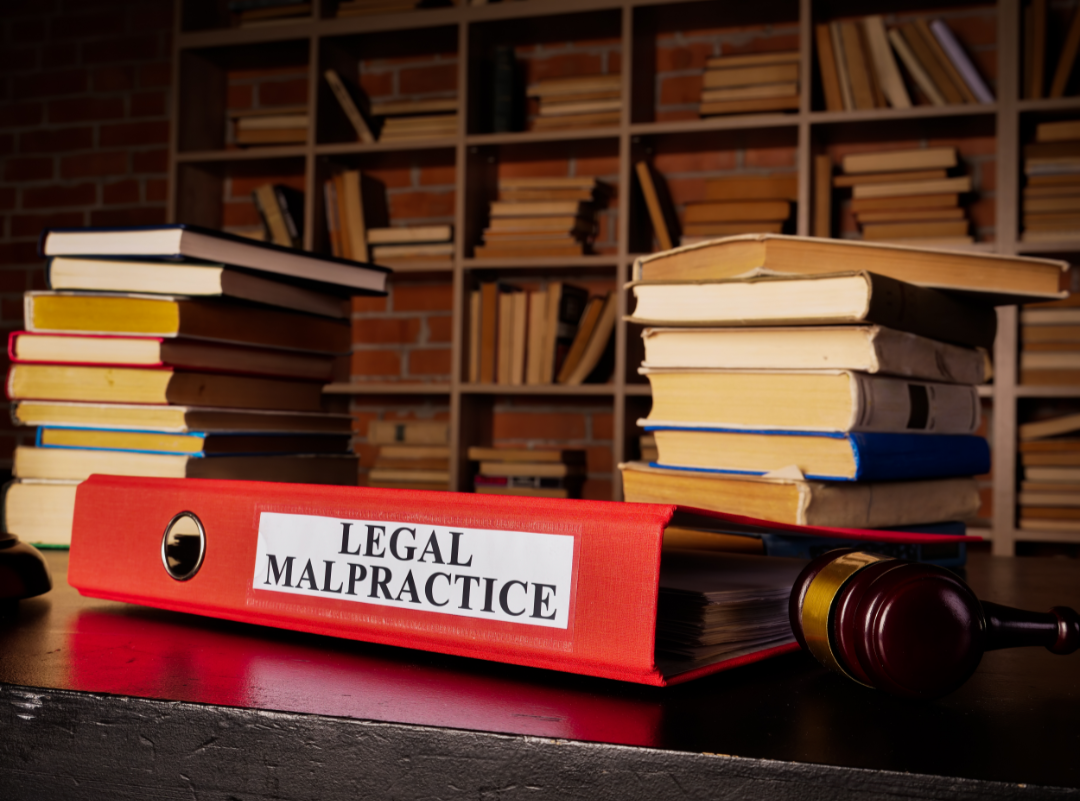Trial and Litigation Malpractice in Massachusetts
The majority of attorneys rarely appear in a courtroom or engage in litigation. Those who advertise themselves as litigators may actually be pre-trial litigators and either settle their cases before trial or refer the case to another attorney who tries the case. Few attorneys have the experience needed to adequately try a case in court, and when they do, they may commit vital errors that undermine their client’s case, leading to disastrous results.
Read More










